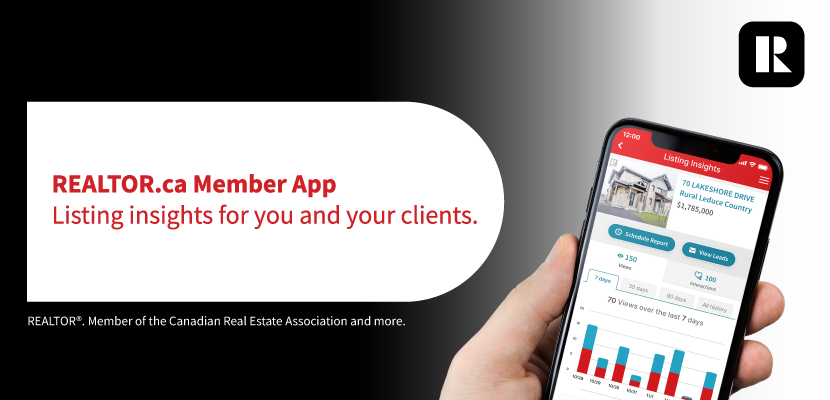But now your client is too indecisive to commit.
Most likely, you’re dealing with a highly analytical personality type who likes neatly organized data that they can input into a spreadsheet and have it spit out a reliable and decisive answer.
But skilled realtors know there are far too many variables which can cause these types to descend into analysis paralysis.
This scenario can be super-frustrating, especially when you know in your heart that you’ll never find a better property for them, so what’s the point of continuing? Should you cut your losses and fire the client? Probably not — you should only fire them in the most extreme cases (you’ll probably know).
Otherwise, you can learn to be far more effective at working with the most highly analytical (indecisive) buyers.
Working with indecisive buyers
Recognize the personality style early
Learn to recognize the analytical personality style early on. A surprisingly high percentage of people fit into this category, so dedicate some time to improving your knowledge and skills around this topic (I can’t teach this in a simple blog post, so schedule some learnin’ time).
Accept it might take longer for your client to make a decision
Accept the fact that it takes longer for analytics to make a decision. I always tell my buyers, “Hey, we’re doing our homework. We need to see several properties. Then, when we find the right one, you’ll be ready.” This puts them at ease. You can’t rush an analytic, but you can meet their needs and give them guidance simultaneously.
Explain why it’s important to focus on the macro, not the micro
Discuss with them regularly about focusing on the critical macro elements, such as location, floorplan, and overall condition/finishings. And reiterate that “micro” items, such as paint, worn carpeting, or old appliances, can be easily changed and are much less critical to the big picture.
Early in my career, I walked into a house with a new buyer client, and he immediately whipped out a measuring tape and started taking measurements. I asked him what he was doing, and he said, “Oh, I just want to see if our china cabinet will fit here.” I convinced him that we should check out the floor plan first, and if he liked it, we could do some measurements afterward. From then on, I convinced him (and all my clients) to focus on the macro stuff first.)
Don’t pressure them
Understand that applying pressure is the worst thing you can do with an analytic. It will make them push back or, worse, go silent and secretly label you as a salesy slickster. Instead, ask a few probing questions:
- Are there any crucial features you want that are missing
- Help me to understand, please; what exactly are you still determining?
- Based on what we’ve seen, do you still believe you can get everything you want within your stated price range? Or should we pause and recalculate realistic expectations?
- Are you worried that something better might pop up tomorrow if you write an offer on this one today? They’ll probably say, “Yes!” In that case, you poise the question, “But isn’t that true on any property, whether it’s today, tomorrow, or a month from now?”
I’m not suggesting that you rapid-fire all those questions at every buyer in every situation. These are just a few examples of how to probe to determine what is holding them back. You’re guiding them to figure things out “on their own,” which is an essential part of their process.
Just because you have an analytical client doesn’t mean you can’t help them with well-structured questions. In fact, unlike some types, most analytics will respect your expertise and appreciate you being direct with them.
Write a trial offer
If they’re still wavering, try the trial offer.
Propose writing a hypothetical and simplified offer while assuring them it’s just an exercise. You must do this with zero pressure!
- What would the price be? You can discuss how their offer might be perceived. But whatever the number is, write it down. Remember, it’s just a practice exercise!
- What additional items, such as appliances, would be included or excluded?
- How much would the deposit be?
- What would be the terms and conditions?
- What would be the closing date?
Write all this out on a blank piece of paper, give it to them, and let them know that if they change their minds, you can write it up tonight, tomorrow or whenever.
The exercise of completing a trial offer by writing it out in simple form has the effect of making it less scary. I’ve done this numerous times where the buyers looked at the piece of paper and said, “Well, let’s just go ahead and give it a try!”
Or they’ll call me on their way home and say the same thing, “We thought about it, and let’s go ahead and give it a try!” They just needed a few more minutes to mull it over.
Using zero pressure and simplifying the process can be the most effective way to convince an indecisive person.
After Ted Greenhough’s first year as a Realtor, he earned between $590,000-$865,000 every year for 12 consecutive years, all as an individual agent, without ever once making a cold call, reciting a canned script or doing any other “salesy” stuff. Now he runs Agent Skills, an online learning program for agents across North America.



















Great points here for any buyer agent . We all have clients that can’t decide but giving them direction to help make there decision is always helpful. Thanks for the info